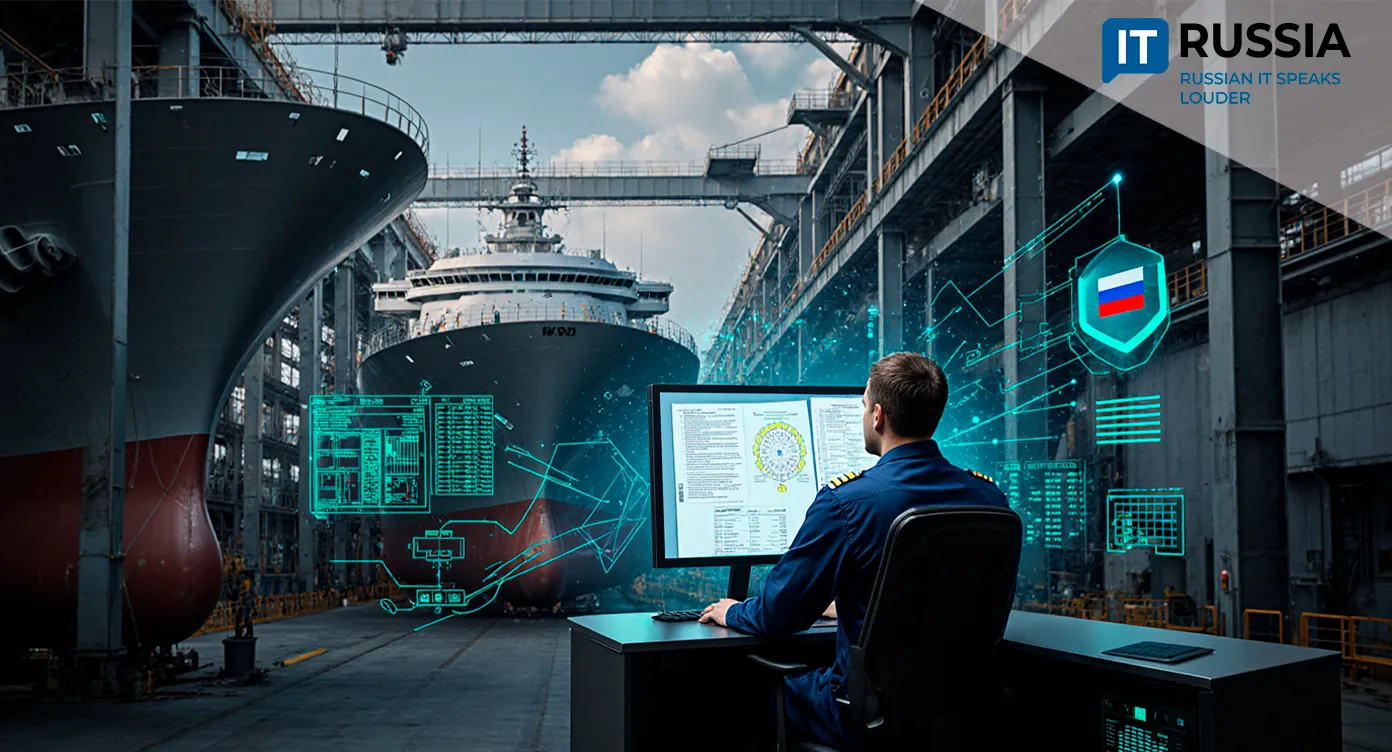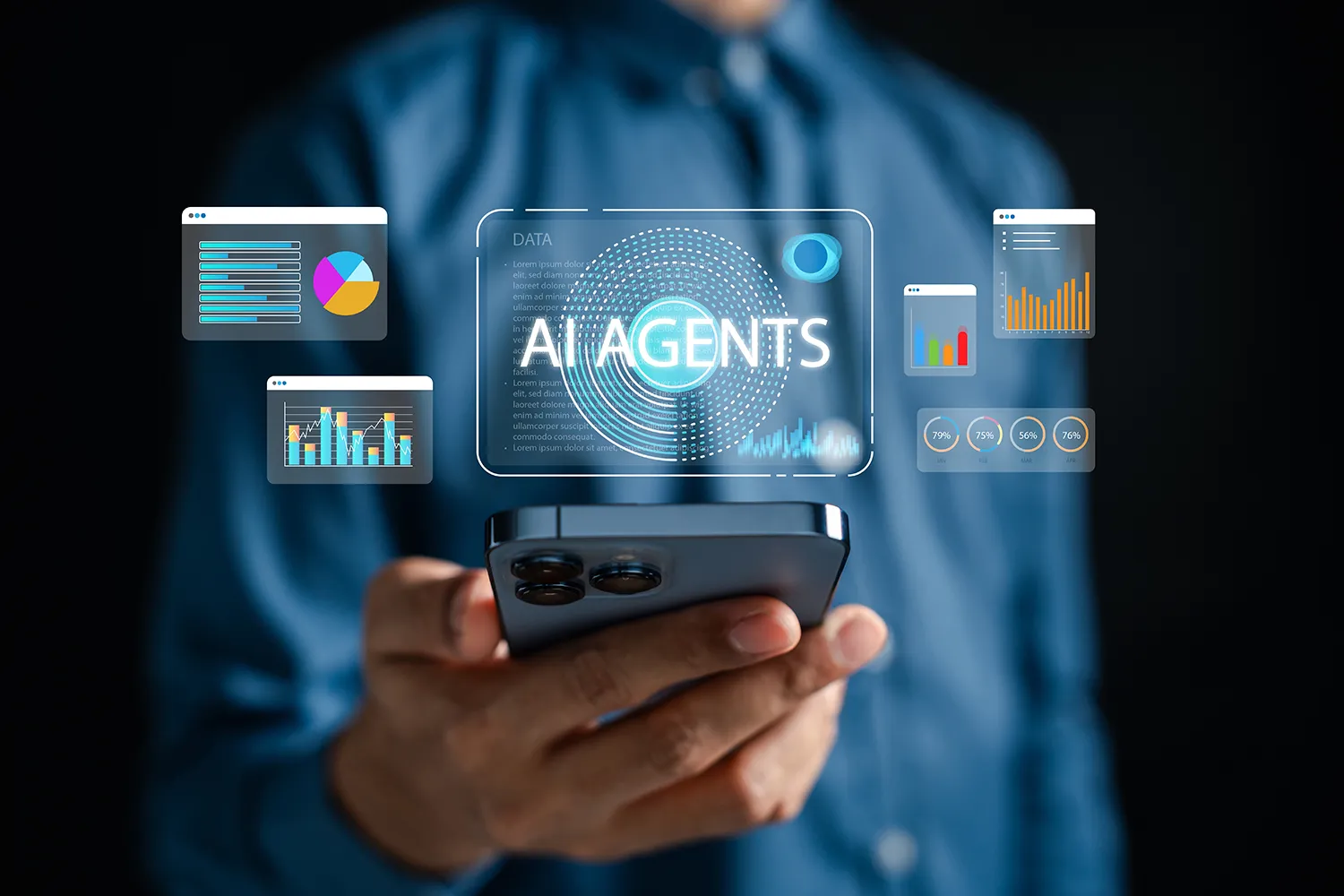AI Becomes an Integral Part of Russia’s Industrial Ecosystem

In Russia, artificial intelligence is no longer a technology of the future. It has become an essential element of a competitive business.
Industrial Applications and Import Substitution
Severnaya Verf shipyard, part of the United Shipbuilding Corporation (USC), has begun deploying an internal neural network designed to improve document workflow. The tool was developed in-house to assist employees in day-to-day tasks.
The neural network is expected to become a practical digital assistant for routine operations. It automates the processing of contracts, reports, and business correspondence; can analyze data, structure information, and generate tables. This reduces the time spent on repetitive work, helps employees find optimal solutions, improves the quality of correspondence, and organizes large volumes of information. At this stage, the system specializes in text processing and output. Developers are focusing on creating a user-friendly interface.

Building Russian Developer Competence
For Russia’s IT sector, the launch of a corporate neural network at Severnaya Verf carries strategic importance. It demonstrates that AI integration is possible not only in IT and finance, but also in traditionally conservative industries such as shipbuilding. This creates a precedent that could serve as a model for other industrial enterprises.
The project strengthens the skills of Russian developers, stimulates the growth of local technology solutions, and builds trust in domestically produced AI products.
From a national economic perspective, introducing a neural network at USC can significantly increase enterprise efficiency. Automating document handling reduces costs, accelerates approvals, and minimizes human error. In turn, this improves management quality, enhances transparency, and allows specialists to focus on strategic tasks.
The Severnaya Verf example illustrates that Russian companies are capable of creating and implementing effective proprietary AI systems, strengthening the global reputation of Russian technologies.
Foundation for New Business Directions
In the short term, the project is internally focused, but its success could pave the way for scaling. USC is a major player in global shipbuilding, and replicating the neural network across its enterprises would be a logical next step.

In the longer term, such solutions may be integrated with industry partners, including foreign companies and governments seeking to modernize industrial processes. This could form the basis for a new business line—exporting corporate AI platforms tailored for heavy industry.
AI as a Nationwide Trend
USC is following a broader trend already visible across the Russian economy. From banks and online marketplaces to industrial giants, companies are increasingly applying AI in analytics, customer service automation, personalization, and data management.
In the financial sector, up to 95% of companies already use AI-based tools. By 2026, the Russian government plans to automate 80% of processes in state agencies. Priorities include fully automated interdepartmental document workflows, voice-based document interfaces, and predictive analytics for information needs.
One in three small and medium-sized businesses (30%) uses AI tools, and 70% of entrepreneurs report positive results. Most SMEs rely on domestic platforms: Yandex accounts for 72% of usage, VK for 43%, and Sber for 35%.

In oil and gas, neural networks already act as diagnostic assistants, identifying equipment malfunctions and suggesting remedies. But in shipbuilding and heavy engineering, such applications have been rare—making Severnaya Verf’s initiative a breakthrough.
A New Level of Digitalization
The USC project is more than a technological experiment. It signals a mature phase in industrial AI adoption, confirming that AI is no longer limited to IT firms but is becoming part of everyday work across industries.
This development could boost the competitiveness of Russian factories, accelerate contract execution, and enable new business models based on digital technologies.
Its success may catalyze a broader transition across the industrial sector, where AI becomes an indispensable element of the production ecosystem.










































